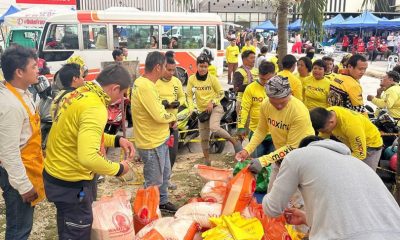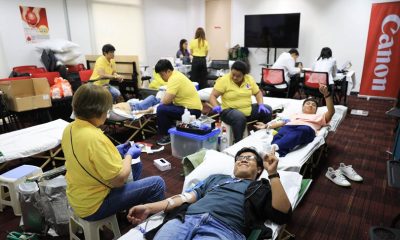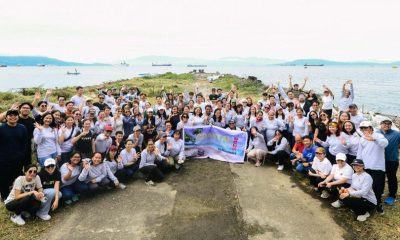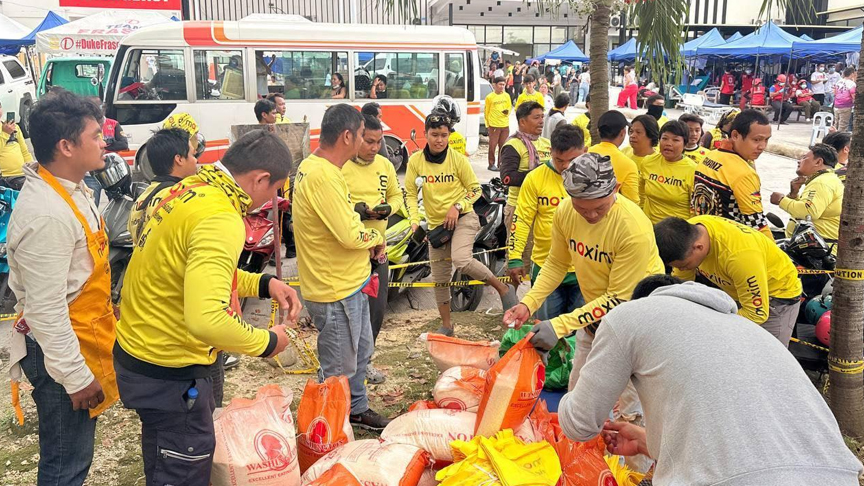The Southeast Asia (SEA) region is facing a potentially damaging gap between climate reality and people’s understanding of its catastrophic effects, according to the results of its Climate Reality Barometer from global technology leader, Epson. The survey captures global experiences and perceptions of climate change from 15,264 consumers across Asia, Europe, North America and South America.
Timed to help frame discussions at the upcoming COP 26 in November 2021, the goal of the Epson Climate Reality Barometer is to raise greater public awareness of climate change impacts, influence transformative business decisions, and better inform policy makers.
Reality Deficit: The Gap Between Perception and Climate Reality
The recent Intergovernmental Panel on Climate Change (IPCC) report noted that cities intensify human-caused warming locally, and further urbanisation together with more frequent hot extremes will increase the severity of heatwaves. Despite this, well over half (56.4%) of people surveyed as part of the Epson Climate Reality Barometer in Southeast Asia, are optimistic that we will avert a climate disaster in their lifetime.
For those who are optimistic, the most popular reasons supporting this optimism is the belief that people are more aware of climate change dangers (35.8%) and the opportunity to use science and technology to solve problems (29.2%).
On the other hand, just 15.7% were pessimistic that they will avert a climate disaster in their lifetime. Overall, the majority of those who are pessimistic are driven mostly by a belief that people are not aware of climate change dangers (41.4%) or a feeling that there’s a lack of government action (22.4%).
Reality check: Where we are today
The study suggests that optimism may be the result of a failure to recognise climate change and, therefore, its scale. In Southeast Asia, some of the top events most associated with climate change include more flooding (80.4%), wildfires (79.7%) and higher temperatures (79.2%), extreme weather (77.5%), and rising sea levels (73.1%). At the same time, the least associated with climate change are insect outbreaks (49.2%), thawing permafrost (53.4%), mass migration (60.5%) and more deaths in cities because of heat waves (64%).
Siew Jin Kiat, Regional Managing Director of Epson Singapore (SEA Headquarters), said: “As the climate emergency unfolds before our eyes, it is of real concern that so many people in our region fail to recognise its existence. This is a wake-up call for us to act together and act fast. The pressure is on for governments, businesses and individuals to work together to make decisions and inspire the rapid action needed to mitigate climate change.”
Reality responsibility: Who should take actions
Many see the responsibility to tackle the climate emergency belonging to state and industry actors. Of those surveyed, nearly a third in Southeast Asia (32%) believe governments and 14.7% believe businesses are “most responsible for tackling the climate emergency” – with 2.8% not believing in climate emergency.
That said, there is evidence that the idea of personal and collective responsibility is widely held too. Encouragingly, respondents in Southeast Asia (27.5%) see that they are personally “most responsible”, while almost one in five (19%) believe that we are all responsible – with action incumbent on governments, businesses and individuals alike.
Reality action: Individual steps
Individually, people are taking their own actions to mitigate the climate emergency. The study suggests that more people are walking or cycling more often (63.8%), reducing plastic use (67.5%) and improving recycling habits (57.3%).
Despite this, there are still gaps in terms of what people are willing to do, which will be important in reaching net zero targets at a global and national level. While there is openness in Southeast Asia to adopt new behaviors like switching to an electric vehicle, installing solar panels and switching to renewable energy; reducing international travel for business and leisure and adopting a plant-based diet are some behaviors that respondents indicated more resistance towards.
Business reality: The time to act is now
All in all, the Epson Climate Reality Barometer and its discovery of the Climate Reality Deficit shows that there is a long way to go if we are to take the fundamental actions necessary to avert irreversible climate change. Greater understanding and collective endeavour, however, will enable and empower rapid action.
Companies can empower other businesses and consumers with sustainability supporting innovations. At Epson, this has seen the development of, for example: initiatives to reduce customer impact through the use of highly energy efficient PrecisionCore Heat-Free technology; and R&D into environmental technologies such as naturally derived (non-plastic) materials.
Beyond product and materials innovation, businesses can make a big difference by promoting and demonstrating climate responsibility. Epson carries this forward by: transitioning to 100% renewable electricity and engaging with initiatives such as the RE100 renewable energy project; working to close the resource loop for example, by promoting product refurbishment and reuse; and engaging in high impact partnerships such as its work with National Geographic to promote protecting permafrost through the Turn Down The Heat campaign.
Yasunori Ogawa, global president of Epson, commented: “The discovery of the Climate Reality Deficit shows that awareness coupled with action, will be critical to tackling the emergency. Epson’s goal is to bring this awareness and the technologies needed — by our company, other businesses and consumers — to action transformational change. Sustainability is central to our business plan and backed by significant resources — because while we know there is a long way to go, we believe we can build a better future.”

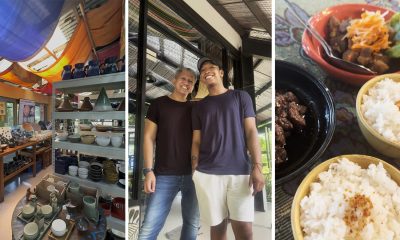
 BizListing4 weeks ago
BizListing4 weeks ago
 BizListing3 weeks ago
BizListing3 weeks ago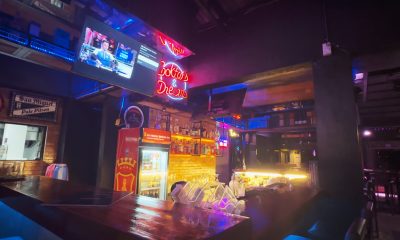
 BizListing3 weeks ago
BizListing3 weeks ago
 BizListing2 weeks ago
BizListing2 weeks ago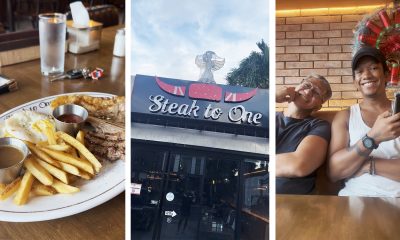
 BizListing2 weeks ago
BizListing2 weeks ago
